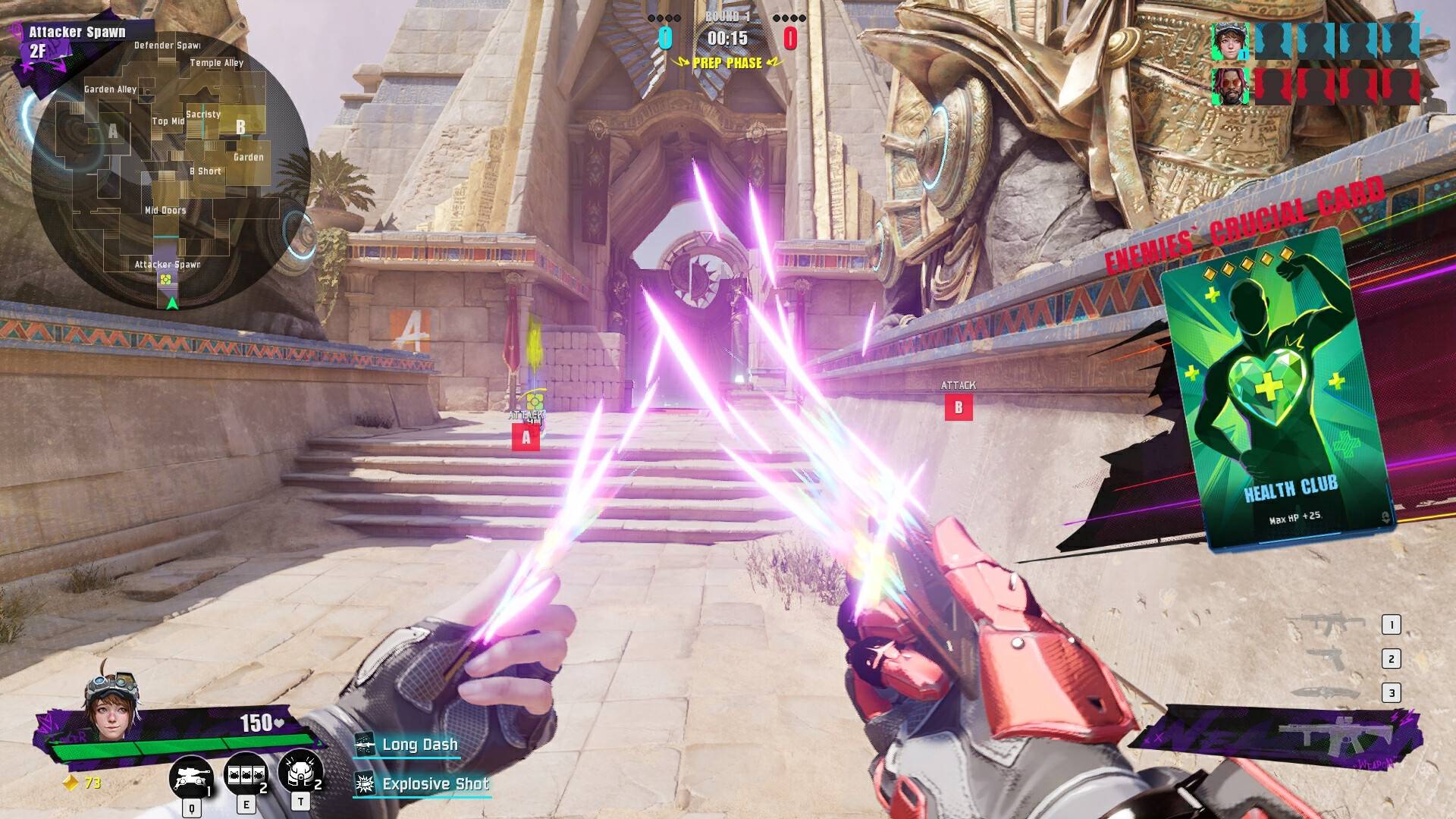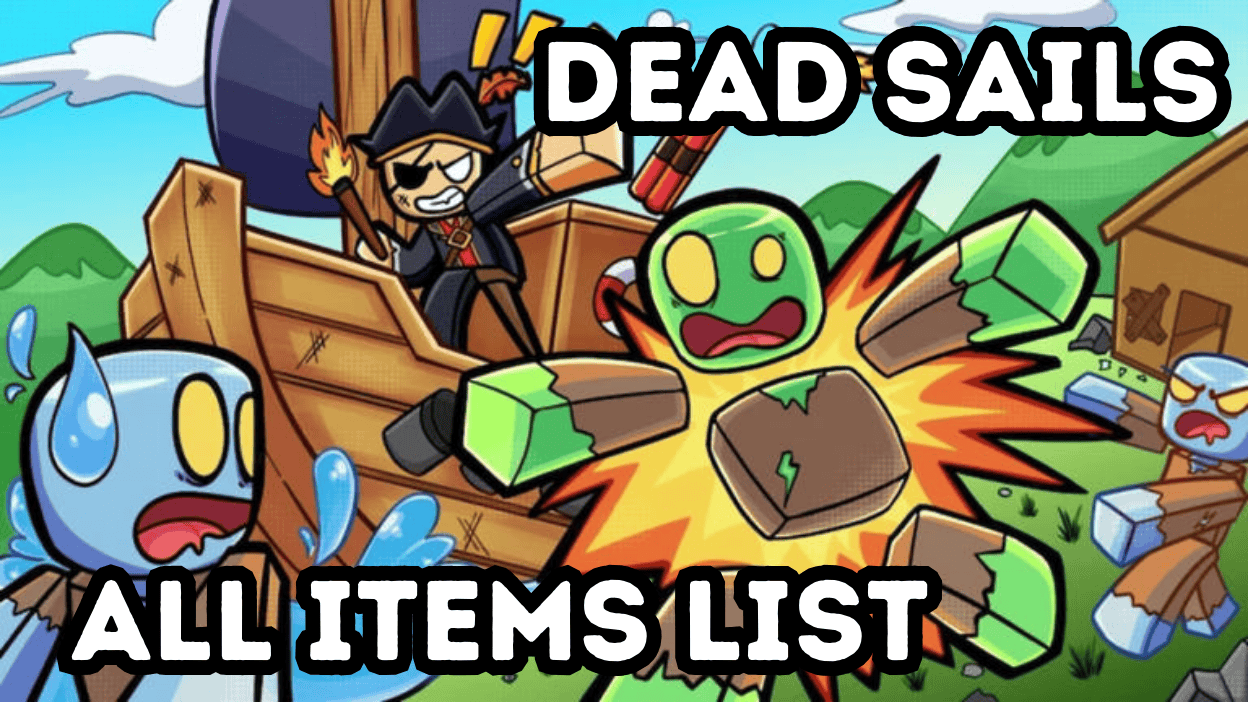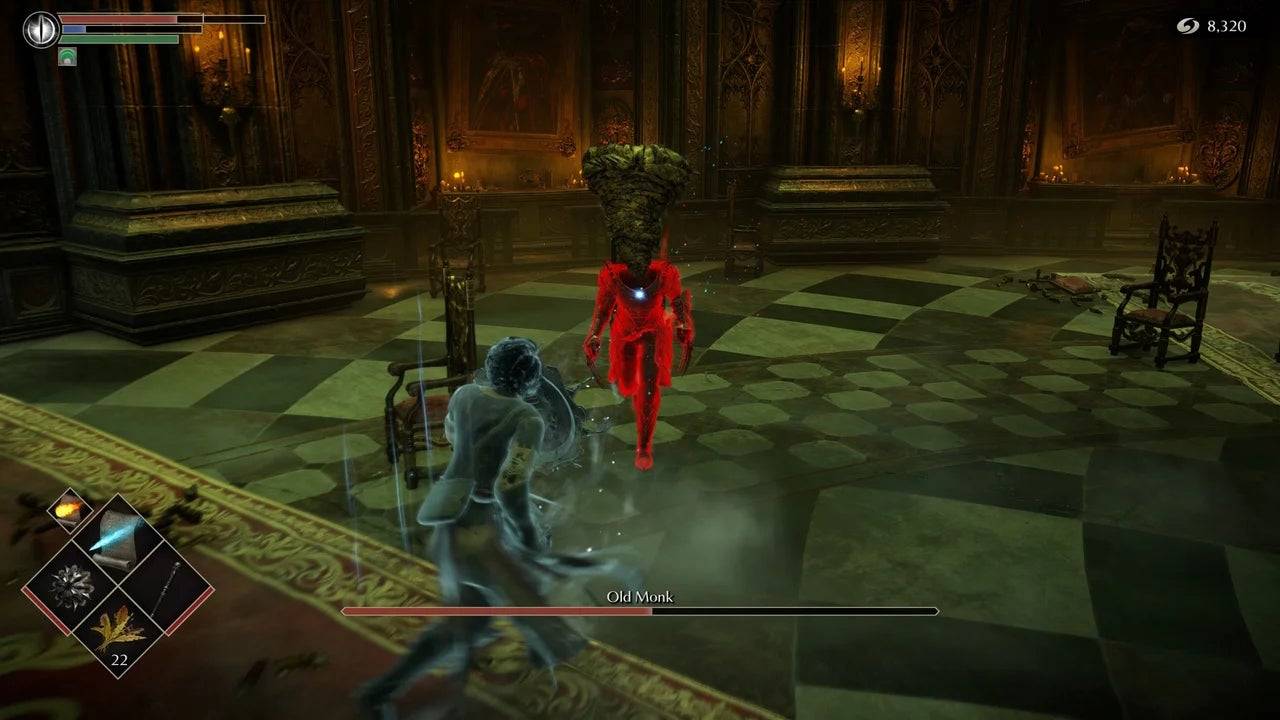One of the most memorable moments in the entire Assassin's Creed series occurs early in Assassin's Creed 3, when Haytham Kenway has successfully assembled his team in the New World. At first glance, players might mistake them for assassins due to Haytham's use of a hidden blade, his charisma reminiscent of Ezio Auditore, and his heroic actions such as freeing Native Americans and confronting British redcoats. However, the truth is revealed when he utters the iconic phrase, "May the Father of Understanding guide us," signaling that we've been following the Templars, the sworn enemies of the Assassins.
This twist exemplifies the pinnacle of Assassin's Creed's storytelling potential. The initial game introduced a novel concept—identify, understand, and assassinate your targets—but lacked depth in its narrative and character development. Assassin's Creed 2 improved upon this by introducing the more iconic Ezio, yet it fell short in fleshing out its antagonists, with characters like Cesare Borgia in the spinoff Assassin's Creed: Brotherhood feeling underdeveloped. It was in Assassin's Creed 3, set during the American Revolution, that Ubisoft fully committed to developing both the hunter and the hunted, creating a seamless narrative flow from setup to payoff. This balance between gameplay and story has yet to be replicated in subsequent titles.
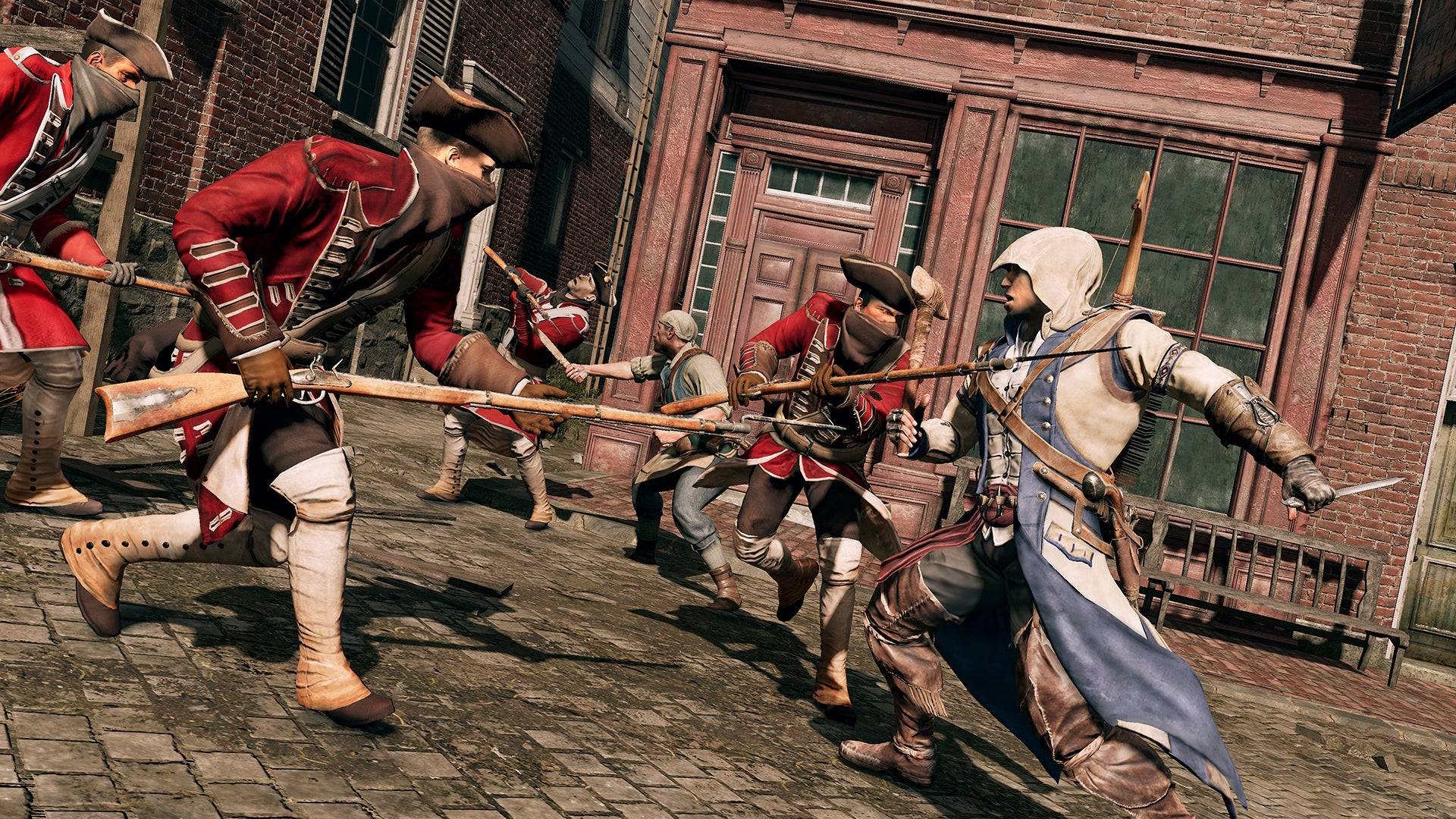
While the current RPG era of the series has been well-received by many, there's a consensus among players and critics that Assassin's Creed is in decline. The reasons for this are debated, with some citing the increasingly fantastical elements, such as battles against mythical beings like Anubis and Fenrir, and others pointing to the inclusion of varied romance options or the use of real historical figures like Yasuke in Assassin's Creed Shadows. However, I believe the root cause lies in the shift away from character-driven narratives, which have become overshadowed by the expansive sandbox nature of modern games.
Over time, Assassin's Creed has expanded its original action-adventure formula with RPG and live service elements, including dialogue trees, XP-based leveling, loot boxes, microtransactions, and gear customization. As these new installments have grown larger, they've often felt less substantial, not only in terms of repetitive side missions but also in their storytelling.
For instance, while Assassin's Creed Odyssey offers more content than Assassin's Creed 2, much of it feels less refined and immersive. The addition of player choice through dialogue and actions should enhance immersion, but in practice, it often results in less polished scripts as they account for numerous scenarios. The focused, screenplay-like narratives of the earlier action-adventure games allowed for well-defined characters, unlike the more flexible protagonist roles in modern games.
Consequently, while Assassin's Creed Odyssey technically contains more content than Assassin's Creed 2, much of it feels less engaging and breaks immersion, making it clear that players are interacting with computer-generated characters rather than complex historical figures. This contrasts sharply with the Xbox 360/PS3 era, which I believe produced some of the finest writing in gaming, from Ezio's passionate "Do not follow me, or anyone else!" speech after defeating Savonarola, to Haytham's tragicomic soliloquy upon his death at the hands of his son, Connor:
*"Don't think I have any intention of caressing your cheek and saying I was wrong. I will not weep and wonder what might have been. I'm sure you understand. Still, I'm proud of you in a way. You have shown great conviction. Strength. Courage. All noble qualities. I should have killed you long ago."*
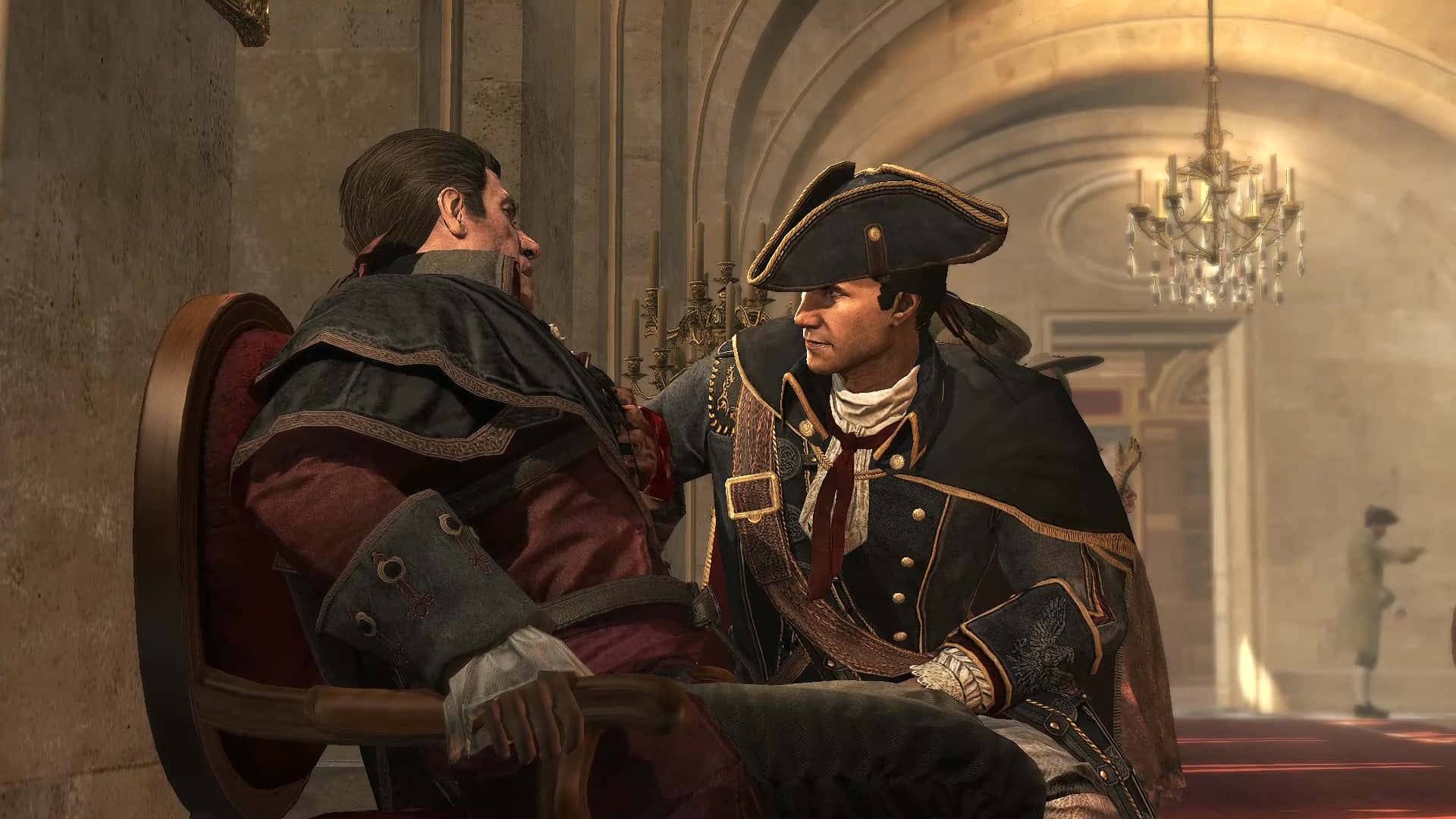
The narrative quality has also declined in other ways. Modern games often simplify the moral dichotomy to Assassins = good and Templars = bad, whereas earlier games explored the blurred lines between the two factions. In Assassin's Creed 3, each defeated Templar challenges Connor's beliefs, with William Johnson suggesting the Templars could have prevented the Native American genocide, Thomas Hickey questioning the Assassins' mission, and Benjamin Church arguing that perspective shapes reality. Haytham himself undermines Connor's faith in George Washington, hinting that the new nation might be as despotic as the monarchy it replaced—a claim validated when it's revealed that Washington, not Charles Lee, ordered the burning of Connor's village. By the game's end, players are left with more questions than answers, enhancing the narrative's impact.
AnswerSee ResultsReflecting on the franchise's history, it's clear why "Ezio's Family" from the Assassin's Creed 2 soundtrack, composed by Jesper Kyd, became the series' official theme. The PS3-era games, especially Assassin's Creed 2 and Assassin's Creed 3, were fundamentally character-driven experiences. The melancholic guitar strings of "Ezio's Family" were meant to evoke Ezio's personal loss rather than the game's setting. While I appreciate the expansive worldbuilding and graphical advancements of the current Assassin's Creed games, I hope the franchise will eventually return to its roots, delivering the focused, character-centric stories that originally captivated me. However, in today's market, dominated by expansive sandboxes and live service ambitions, such a return might not align with "good business" practices.

